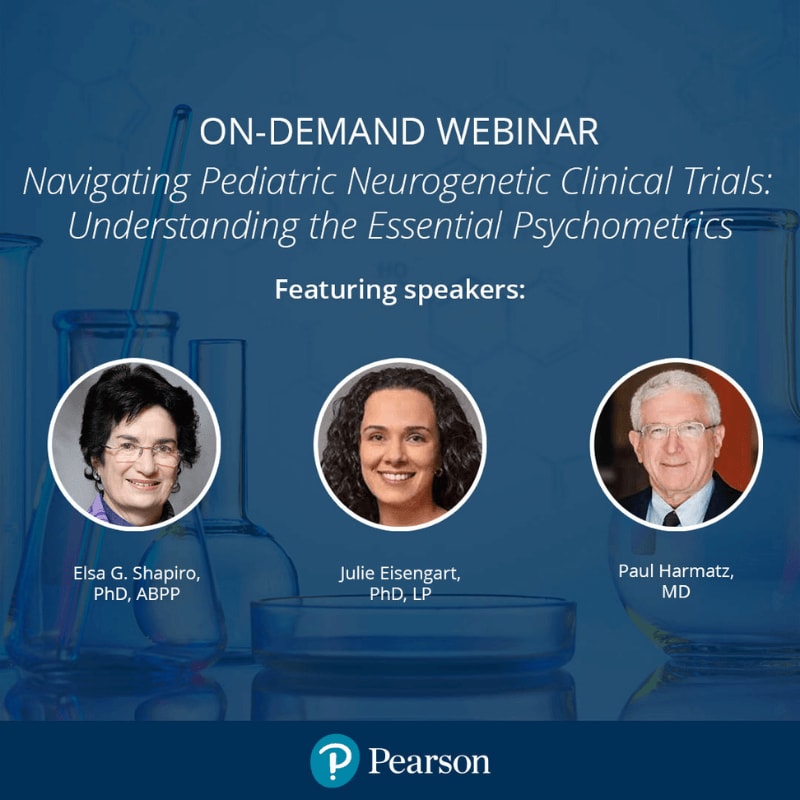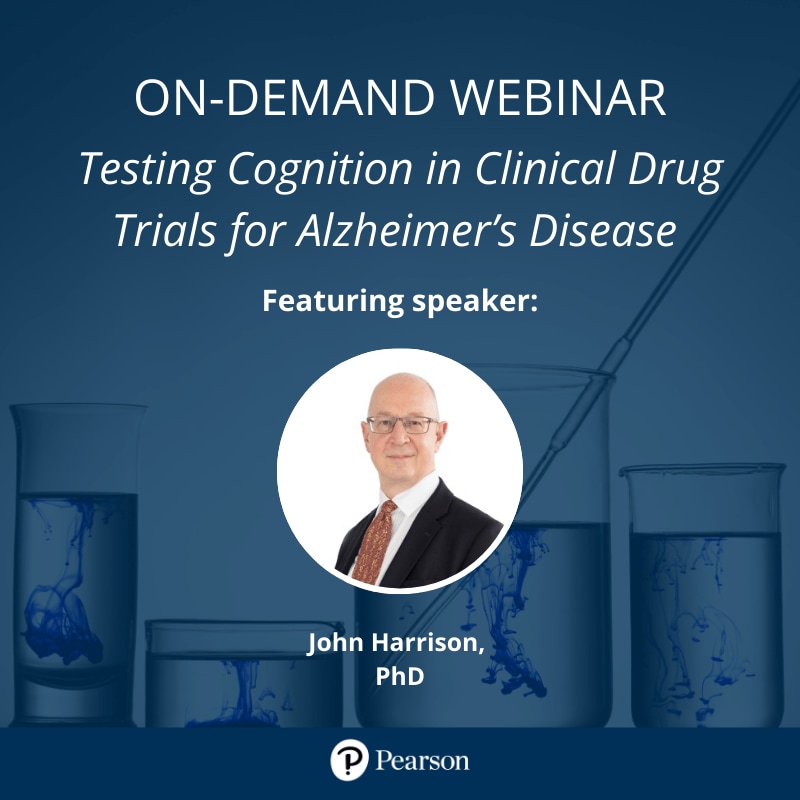The Pharma Resource Hub
Welcome to the Pharma Resource Hub, your premier source for insightful, up-to-date content specifically designed for the pharmaceutical industry. This area offers a comprehensive collection of resources, including expert-authored blogs, informative webinars, in-depth technical reports, and advanced research—all curated to provide you with the knowledge and tools essential for staying ahead in this dynamic sector. Whether you aim to stay informed on emerging trends, enhance your technical expertise, or seek practical support, our Pharma Resource Hub is dedicated to equipping you with the resources needed to succeed in the evolving pharmaceutical landscape.

The Pharma Focus - Quarter 1

The Pharma Focus - Quarter 2

